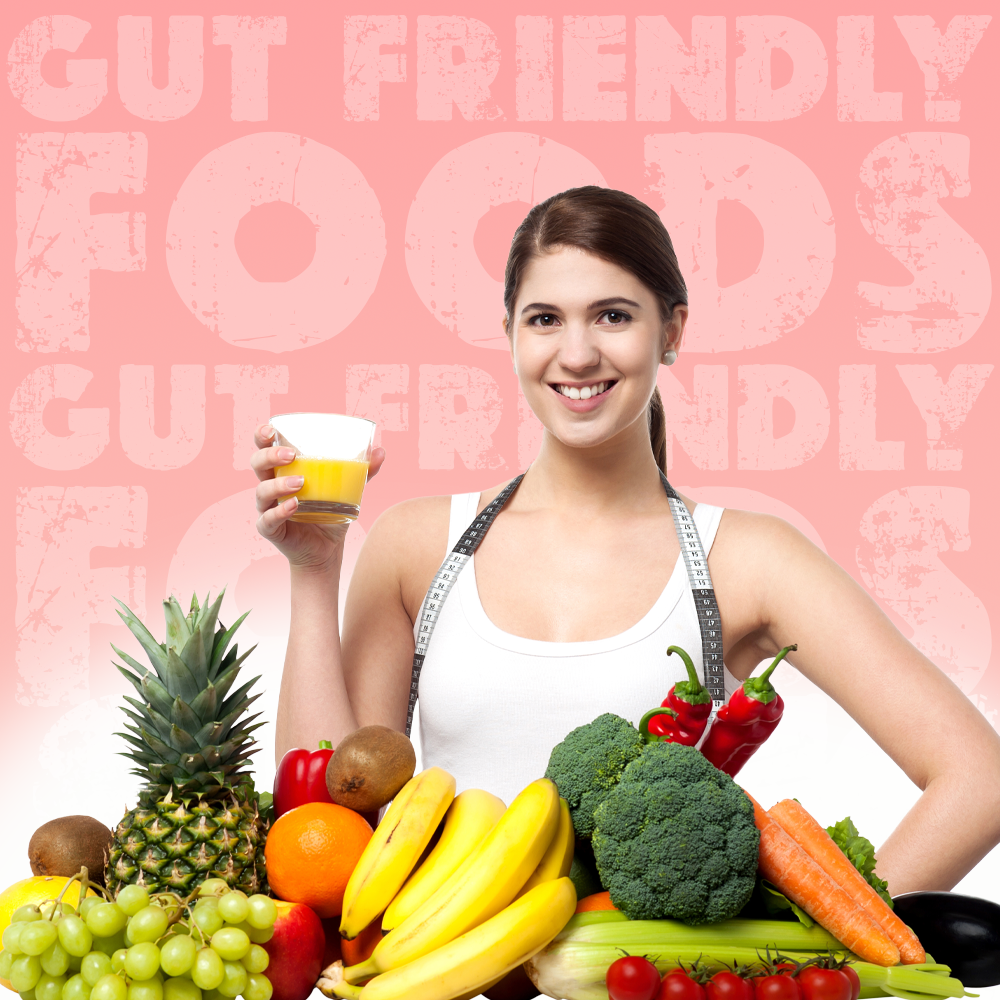In the hustle and bustle of contemporary life, consider convenience as one of the outcomes. Health has become secondary to shopping for fast foods, pre-packaged meals, processed snacks, and ready-to-eat foods, all of which are considered within the confines of any household set. Time-saving measures, perhaps, but the downside is the use of preservatives. Now, with more and more people demanding answers, is the answer behind preservatives making us sick? The answer would need to be a little disputed. Still, the authorities and sources tend to acknowledge that there is indeed some concern arising from the side effects of preservatives and their interference with our long-term natural health.
What Are Preservatives?
They are added to food to help prevent it from going bad, to maintain freshness on the shelves, and to preserve its appearance and taste. Examples are sodium benzoate, nitrates, sulfites, BHA and BHT. Although many are approved by the Food and Drug Administration (FDA), there is still debate about their long-term effects on humans.
Preservatives Side Effects: What You Should Know
-
Understanding what preservatives are is crucial to maintaining a healthy lifestyle. According to studies, consuming excessive amounts of preservatives may lead to several health issues.
-
Individuals with sulfite allergies may experience asthma attacks or allergic reactions when exposed, particularly to aged fruits and wines.
-
Others believe that children who eat food with added colors and preservatives sometimes show ADHD symptoms.
-
Foods that contain many additives commonly cause people to have bloating, heartburn and an upset stomach.
-
Some chemical preservatives, such as BHA and BHT, may mimic estrogen and disrupt the body's hormonal balance.
-
Processed meats that have nitrates and nitrites have been linked to an increased risk of cancer.
Your food can sometimes cause unexplained tiredness, skin irritation or stomach problems. At this stage, the body begins to detoxify.
Detox Diet: The First Step Toward Clean Eating
Detox diets (not to be mistaken with fasting) are excellent for flushing out toxins and allowing the body a reset. Detox diets are not about starving and forcing your body into submission. They are about feeding your body nourishing whole foods, without preservatives, to support natural health.
Here is a rundown on how to do a simple detox diet:
- Eliminate items with preservatives, which are often found in processed foods. If the label lists ingredients, you cannot say, don't eat that food.
- Stay Hydrated: To support detoxification, drink plenty of water to help the liver and kidneys in their cleansing process.
- Include Berries, leafy greens and citrus fruits to help your body fight oxidative stress caused by preservatives.
- Fiber in your diet helps with digestion and promotes toxin elimination. Grains, beans and vegetables are all good sources of fibre.
- Consider drinking Herbal teas. The liver will get the most assistance during detoxification from daily sips of dandelion or green tea.
Clean Eating: A Sustainable Approach to Natural Health
While a detox diet is beneficial for a short-term reset, clean eating provides a long-term path to vibrant, natural health. Clean eating emphasizes the consumption of whole, minimally processed foods that are free from additives and harmful chemicals.
Clean eating habits include:
-
Sticking to the outside of the grocery store, which has areas for fresh produce, meats and dairy.
-
Making meals at home allows you to know exactly what's in your food.
-
Try to avoid eating packaged foods and fast food.
-
Focusing on organic items to avoid as much pesticide as possible.
The benefits? More energy, improved digestion, better sleep, and a stronger immune system — all signs that your body is healing from preservatives' side effects.
How to Transition From Processed to Natural
Transitioning to clean eating doesn't mean overhauling your entire kitchen overnight. Start with small, manageable steps:
-
Replace sugary cereals with oatmeal and fresh fruit for a healthier option.
-
Swap soda for herbal tea or infused water.
-
Make your salad dressings using olive oil, lemon juice, and herbs.
-
Choose snacks like nuts, seeds, and fresh fruits over chips and cookies.
Every small change chips away at the cumulative burden of preservatives, supporting your natural health.
Listen to Your Body
Notice how your body feels and check for unusual symptoms to see if you react to preservatives. Record what you eat for a whole week. Watch what you eat, note how you feel after meals and observe if you get any quick headaches, become tired or have queasy feelings. You may notice similar patterns that connect eating processed foods with the list of side effects from preservatives.
Once you begin a detox diet and shift toward clean eating, those symptoms often diminish or disappear altogether. This is your body thanking you for choosing natural health over convenience.
Final Thoughts: Take Back Control of Your Health
We shouldn't continue to ignore the risks associated with what we eat and drink. Since there are numerous options for already-processed food, we must be aware of
Ensuring your diet is healthy and rich in natural foods will allow you to restore energy, lift your mood, and feel better overall. Your body is designed to operate well, not only to function, but also your food choices play a significant role in this.
Are preservatives the reason you feel unwell? The answer could very well be yes. But once you start paying attention, planning your meals, and eating healthier, your body begins to detoxify and heal, helping you feel your best. Make smarter choices with support from brands like Beyond Food that focus on clean, nourishing ingredients.



Share:
Preservatives and Hormonal Health: What You Should Know
Gut-Friendly Foods Without Additives or Sugar: The Clean Way to Digestive Health